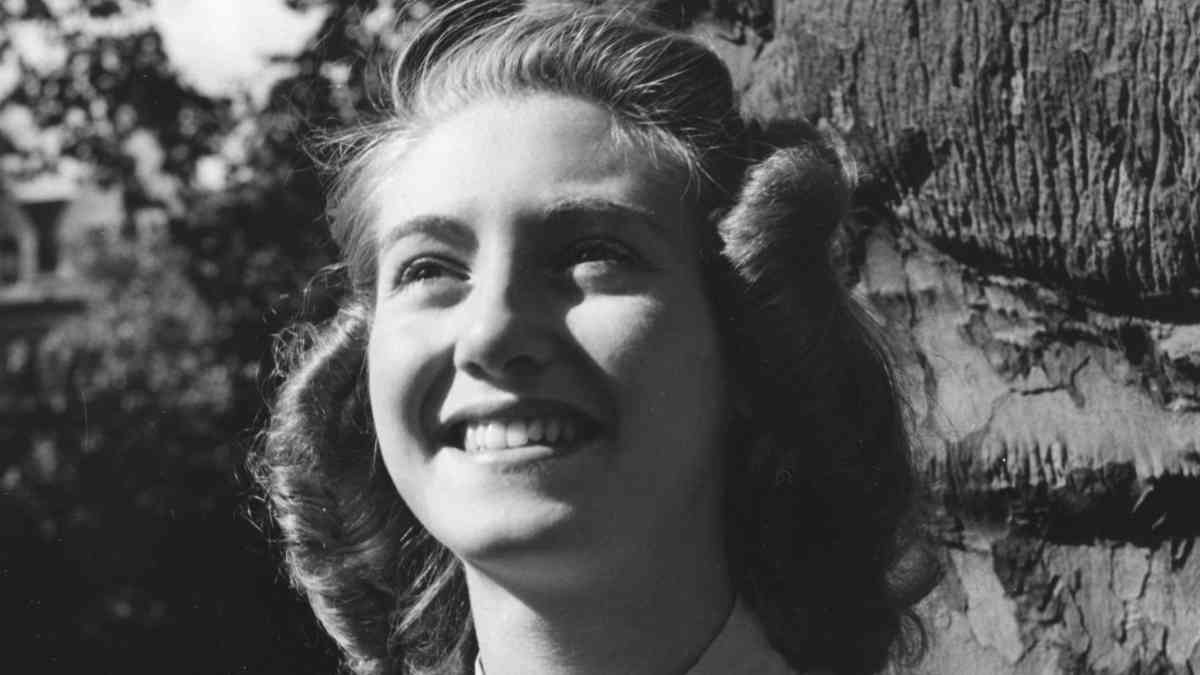Yvonne Marsh: Britain’s Trailblazing Principal Boy Who Danced Across Stage and Screen

When theatre historians recount the golden age of post-war British pantomime, one name rings out with the swish of satin tights and the gleam of glittering swords: Yvonne Marsh. Born in London on 11 November 1932 and departing the stage of life on 2 February 2017, Marsh left behind far more than a résumé of roles. She embodied a rare fusion of classical poise, comic timing and fearless physicality that helped redefine what a “principal boy” could be. Her journey—from West End ingénue to television character actor, from beloved Norwich stalwart to sisterly muse of Upstairs, Downstairs co-creator Jean Marsh—reveals how one performer can quietly steer the course of an entire theatrical tradition.
Early Life and Family Foundations
Yvonne Natalie Marsh was raised in London’s Stoke Newington, the elder daughter of printer Henry “Harry” Marsh and Emmeline Marsh. Artistic curiosity travelled in the bloodline: her younger sister Jean would later light up global television screens and earn an Emmy for Upstairs, Downstairs. Their working-class parents championed discipline and imagination in equal measure, enrolling both girls in dance classes at an early age. Yvonne’s natural command of movement soon singled her out for local concerts and charity galas, foreshadowing her seamless shift to professional boards.
Dawn of a Stage Career
At just sixteen, Marsh nabbed her first screen credit in The Little Ballerina (1947)—a modest children’s film that nonetheless showcased her balletic grounding and expressive face. Her early résumé expanded swiftly with televised drama The Kingdom of God (1947) and dance short Come Dance with Me (1950). These bite-sized appearances were the perfect apprenticeship: each demanded swift characterisation, live-or-nearly-live delivery and the ability to project warmth through the young but unforgiving lens of black-and-white film.
Becoming “Britain’s Favourite Principal Boy”
Pantomime may be Britain’s most anarchic stage tradition, yet it comes with its own rites of passage. Marsh first stepped into a breeches role during the 1950 Christmas season, tackling Goody Two Shoes in London with swashbuckling energy. Audiences adored the mix of feminine grace and devil-may-care bravado she brought to roles usually reserved for male actors—or for women encouraged to camp them up. Marsh, by contrast, rendered her boys as earnest heroes bursting with youthful honour. By the late 1960s press ads routinely billed her as “Britain’s Favourite Principal Boy”, a nod to her sell-out runs in Norwich and beyond.
The Bristol Hippodrome Triumph
Her 1969–70 season as Aladdin at the Bristol Hippodrome stands as a career watershed. Sharing the stage with Carry On star Bernard Bresslaw and comedian Freddie Davies, Marsh commanded nightly ovations, drawing children and adults alike into a world where a woman played a boy who outwits tyrants and finds treasure. The production’s vibrant poster—which crowned her name in the same bold type as the television comics—underscored a shift: pantomime principals were now box-office leads, not decorative afterthoughts.
A Screen Presence Beyond Panto
While pantomime paid the bills and built her legend, Marsh never abandoned screen work. The Story of Gilbert and Sullivan (1953) allowed her to test light opera on celluloid; Street Corner (1953) delivered gritty social drama; and a cameo in the original Casino Royale (1967) sprinkled some big-budget glamour into her filmography. Yet television furnished her most enduring screen identity: the kindly Mrs Privett in BBC’s ensemble comedy You Rang, M’Lord? (1988–1993). Over seventeen episodes she proved she could underplay for sitcom realism as deftly as she could go broad for panto.
Norwich: A Second Home and Creative Laboratory
Outside London, Norwich became Marsh’s cherished base. For two decades she headlined Christmas productions at the Theatre Royal and later directed community pantomimes that mentored local talent. Residents recall her morning coffees in the stage-door lounge, dispensing advice on projection, sword-fighting and—above all—listening to an audience. Her influence helped Norwich sustain a reputation as an out-of-capital panto powerhouse well into the 1980s, long after many provincial circuits faded.
Collaborations and Cross-Pollination
Marsh’s collaborators read like a who’s who of post-war British entertainment: pop vocal group The Dallas Boys offered harmonies in her Aladdin run; comedian Joe Black shared double-act duties; and veteran director Bernard Delfont ensured slick commercial polish. These partnerships widened her stylistic range, letting her fold music-hall patter, variety song-and-dance, and sitcom naturalism into one holistic craft. Crucially, she traded notes with sister Jean on character depth and feminist subtext, each sister using the other as sounding board across seemingly separate genres.
Personal Life: Quiet Anchors in a Public Career
Away from the spotlight, Marsh cultivated privacy. She married businessman John Oldknow, whose steady presence afforded her the freedom to tour without financial or emotional turbulence. The couple had no children, a decision Marsh once hinted sprang from the sheer unpredictability of theatre life. Friends describe a household brimming with antique playbills, rescue dogs and rehearsal tapes—a living archive of British show business spanning half a century.
Artistic Legacy and Cultural Impact
Yvonne Marsh’s significance extends beyond nostalgic footnotes. By excelling as a principal boy during an era when gender borders in entertainment were strict, she modelled a nuanced masculinity accessible to all genders. Her work championed physical confidence and moral clarity over cheap innuendo, influencing a generation of actresses—including Bronwen Davies and Bonnie Langford—who later donned the tights. Today’s festive productions, where women regularly headline as Aladdin, Dick Whittington or Peter Pan, stand on foundations she helped solidify.
Lessons for Modern Performers and Marketers
-
Brand Consistency Matters: Marsh turned “Britain’s Favourite Principal Boy” from a line on a flyer into a recognisable identity, decades before personal branding became a buzzword.
-
Versatility Fuels Longevity: Her fluid movement between intimate TV sets and cavernous proscenium arches kept her relevant across evolving media landscapes.
-
Community Engagement Builds Legacy: By directing local shows in Norwich, she ensured her influence outlived her touring schedule—proof that giving back multiplies cultural capital.
Conclusion
Yvonne Marsh never sought the global spotlight that embraced her younger sister Jean, yet she shaped an equally vital corner of British performance heritage. From her ballerina beginnings through heroic pantomime turns and gentle sitcom beats, she carved pathways where laughter, valor and boundary-blurring artistry could coexist. Today’s family crowds, cheering as a young woman sashays on in silver boots to rescue kingdoms and win hearts, are applauding—in no small measure—Marsh’s own unwavering spirit. Her life reminds us that even within the joyous mayhem of pantomime, excellence is no laughing matter; it is crafted, rehearsed and delivered with precision, night after sparkling night.



